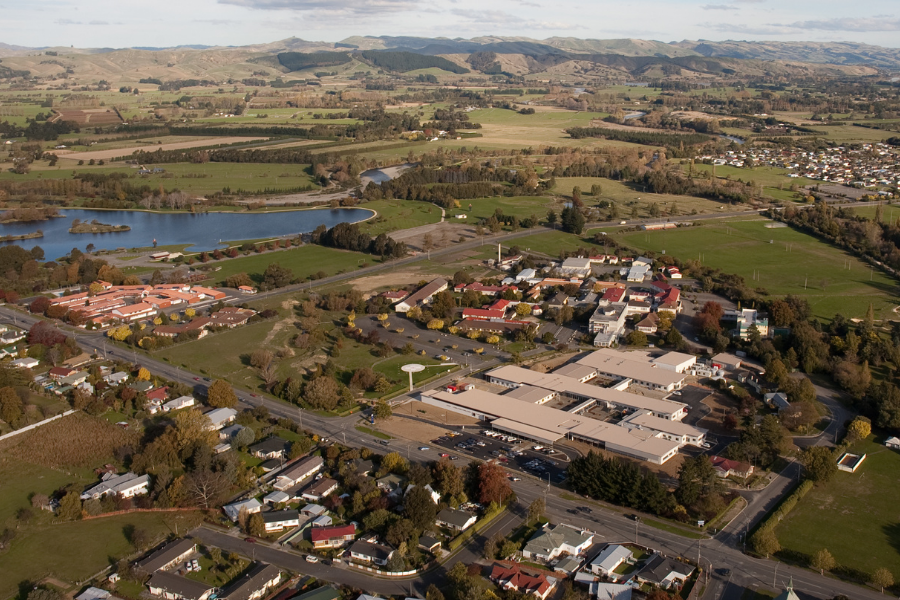
Rosemont, Ill. (AANA) – Last week, U.S. Representatives Sam Graves (R-MO) and Jared Huffman (D-CA) reintroduced the “Save America’s Rural Hospitals Act” (H.R. 833). Along with providing enhanced payments to rural healthcare providers to help ensure the viability of these important local healthcare facilities, this legislation also includes a provision to permanently remove physician supervision of Certified Registered Nurse Anesthetists (CRNAs), under Medicare Part A conditions of participation and a provision to include non-medically directed CRNA services as a mandatory benefit under the Medicaid program.
CRNAs have been practicing without this regulation for nearly three years under healthcare flexibilities issued during the public health emergency.
“Today more than ever, rural communities must address accessibility issues, including a lack of healthcare providers, the needs of an aging population suffering from more chronic conditions, access to healthcare, and larger percentages of uninsured and underinsured citizens,” said AANA President Angela Mund, DNP, CRNA. “As a CRNA who grew up in a small town in far northwestern Minnesota, I know firsthand the challenges of recruiting healthcare providers and how important the solo CRNA was to ensure that we could provide surgical services to our community. The ‘Save America’s Rural Hospitals Act’ comes at a time when rural hospitals and health centers are facing unprecedented challenges and are struggling to keep their lights on and serve their communities.”
According to the National Rural Health Association, more than 170 rural hospitals across the country have closed their doors since 2005, and 453 rural hospitals are currently operating at levels similar to those that have shut down during the last decade, meaning they are vulnerable for closure. This is forcing patients to travel further to get the care they need and leaving others to put off necessary healthcare.
In November 2020 during the surge of COVID-19 in rural America, AANA joined several other healthcare organizations to bring equitable access to care in rural America and bridge the rural divide. The Rural Health Action Alliance (RHAA), a coalition of healthcare providers and facilities that provide high-quality, evidence-based care to millions of Americans, seeks to advance federal policies to improve rural health outcomes.
“CRNAs are the primary providers of anesthesia care in rural settings and have been instrumental in delivering care during the pandemic to patients where they live and when they need it,” said Mund. “Often, CRNAs serve as the sole anesthesia provider in rural hospitals, affording these facilities the capability to provide many necessary procedures.”